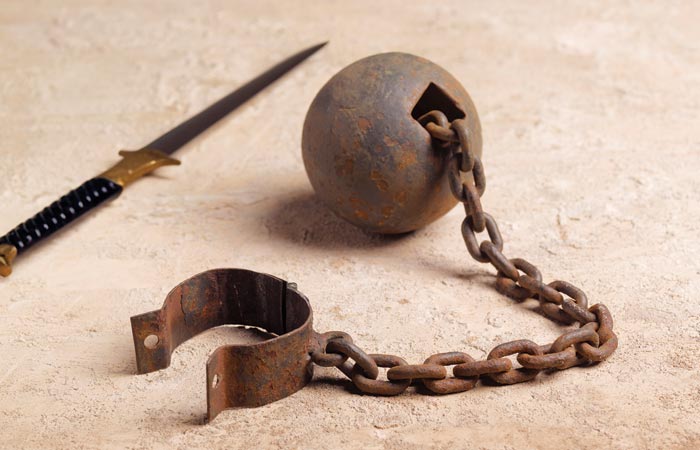I get really angry that many of the people I studied with at school and college are now living in America. They are doctors and bankers, engineers and teachers. It’s a sweet sweet life, isn’t it? Even I’d like to have a small coffee shop around the corner, a secondhand bookstore that carries Agha Shahid Ali, a department store that sells proper underwear. What makes me angrier is that I live in Pakistan. And I’m not sure if it was a choice I made or one that never was.
I’m angry that all those Pakistanis, the rich 1% of privileged people, whose parents could afford to send them to college, aren’t back here to help rebuild our utterly devastated country. I’m angry with the brain drain. I’m furious it makes me angry.
For the most part, after all the briefings and personal tour of Sukkur and its surroundings, I have to say that it seems that the government did what it could given that land the size of England was inundated. Today, Sept 4, my state said that its losses in the flooding come to about Rs466 billion (which if I am not wrong is about $5.4b). While people are still evacuating flooded areas, the government is slowly rolling up its sleeves for rehabilitation. It’s going to cover all expenses of the people living in the camps for the next four months and then when people return home, it’s going to help them for a month after. Part of this plan includes providing them seeds and fertilizer so they can get back to work.
There are a few cities in Pakistan that are proper cities; the rest is mostly rural and underdeveloped. We never really had enough schools or hospitals in the countryside and after the flooding it is safe to say that the ones that did exist have probably crumbled.
The villages of Pakistan have been at the mercy of fat landlords for centuries in a feudal system that held them in its vice-like grip. It worked to their advantage to keep the farmers and their children illiterate so they wouldn’t leave the land. The small towns did not fare much better simply because the inefficient, unqualified bureaucracy was corrupt to the teeth. None of the young men and women I went to school with have, for example, joined the Karachi police force or government. This is not entirely their fault. No one wants to work in government because the rot extends all the way up. The educated young people mostly work in the private sector. As a result, we simply don’t have educated people running the show.
(As with most cases, I should add, that there are exceptions to the rule. I do know of a few talented bureaucrats and wise politicians who have PhDs, years of experience and are honest. But they are far and few between.)
I’m glad, however, that at least on the surface, the government is trying to ensure a measure of transparency in the management of the aid it has received. In Sindh, according to a member of the ruling PPP, Taj Haider, they have registered 90% of the people who flooded the camps. There are about 3,000 relief camps across the province. The authority that issues our equivalent of the social security card, has been at work. These cards are going to help ensure that the displaced families get the aid promised by the government. For now, Sindh has said that it will give each registered family Rs25,000 ($290). It’s having a problem with unregistered people who fled to their relatives, but the solution is to make a Rs5,000 payment and the rest upon their return to their village. This money won’t help them rebuild their houses but hopefully it will tide them over.
My question is how will the government rebuild our infrastructure network? It was abysmal to begin with. In fact in Karachi, I get irritated each day when I drive to work because my old car can’t take the potholes and uneven surfaces. There is so much corruption that for a one-million-rupee road, usually only Rs300,000 is spent – the rest disappears under the table. If this has been the case for years, it is highly unlikely that money allocated for roads and other infrastructure will be properly used.
I visited Shikarpur city when I was in upper Sindh to cover the flooding two weeks ago. This city used to be on the diamond route to Kabul. The Hindus built beautiful houses with lattice-work balconies, many of which are on their last leg but still standing. A friend told me that they once found a pot full of Tsarist notes (I think he meant Roubles) in the bottom of their back yard. This was a city where the roads were washed down once a day. But today, it’s a train wreck. There wasn’t a single proper road. We just bumped along ruts in the ground. Garbage wasn’t collected. Opens sewers ran by the street. What the hell was its mayor doing for the last five years? When I asked why he hadn’t fixed the city, my friend laughed. “He just drives around in his Lexus in Karachi,” he said. “These landlords don’t invest in their hometowns, they just live it up in Karachi.”






















 More news and opinions than at a Shabbat dinner, right in your inbox.
More news and opinions than at a Shabbat dinner, right in your inbox.